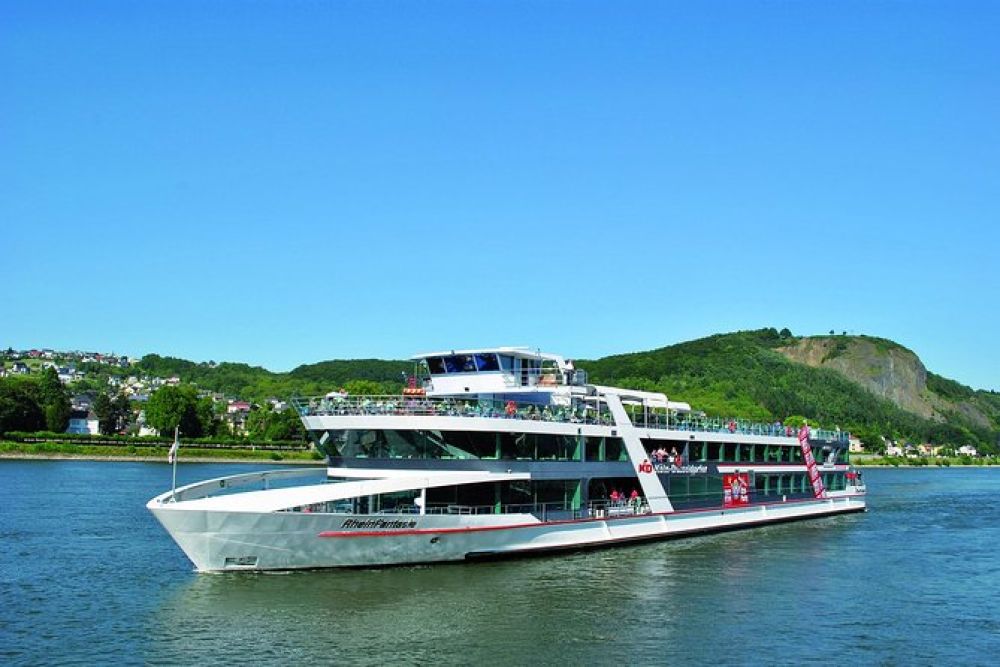

The Rhine River has played a pivotal role in European history for centuries, serving as a crucial waterway for trade, culture, and connection between various regions. However, the transformation of this river into a hub for tourism, particularly in cities like Cologne, Germany, is a relatively modern development.
Tourism along the Rhine River can trace its roots back to the 19th century when the Romantic movement captured the imaginations of poets, painters, and travelers. The Rhine's grandeur, folklore, and picturesque landscapes made it an ideal retreat for those seeking escape and inspiration. By the late 1800s, steamboats began to navigate the Rhine, offering pleasure trips to the emerging middle class. One of the most prominent stops along these voyages was Cologne, with its captivating Gothic architecture epitomized by the imposing Cologne Cathedral.
After the Second World War, Europe saw a gradual rejuvenation of the tourism industry. Germany, with its revitalized cities and restored historical landmarks, became an attractive destination. The 1950s marked the resurgence of Rhine River cruises, with Cologne establishing itself as a vital embarkation point. The city's cultural heritage, coupled with its magical Christmas markets, have since lured visitors from around the globe.
In recent years, Rhine River cruises have surged in popularity, responding to a growing trend for immersive and convenient travel experiences. The introduction of luxury river cruise ships featuring fine dining, personalized service, and guided tours has transformed the nature of cruising on the Rhine. Cologne has continued to play a significant role, with its docks serving as a gateway for exploring the heart of Europe.
As environmental concerns become more pressing, sustainable tourism practices have begun to influence Rhine River cruises. Companies are investing in eco-friendly vessels with reduced emissions, promoting local economies, and raising awareness about the importance of preserving the river's ecosystem. Cologne has embraced this shift, focusing on sustainability within its tourism sector to ensure the Rhine can be enjoyed by future generations.
Looking ahead, the proliferation of experiential travel is likely to shape the future of Rhine River cruises. Tourists are seeking authentic experiences, such as themed cruises focusing on local food, history, and festivities. Cologne's tourism industry is adapting to these changes by offering a range of cultural experiences that highlight the city's unique attributes. With increased connectivity and evolving visitor interests, Cologne's status as a premiere Rhine River cruise destination is poised to grow stronger.
To sum up, Rhine River cruises represent a vital component of Cologne's tourism history and the city continues to thrive as a top choice for travelers seeking to explore the river's legendary beauty. With a commitment to sustainability and authenticity, the future of tourism in Cologne looks both promising and exciting, anchored by the timeless allure of the magnificent Rhine River.